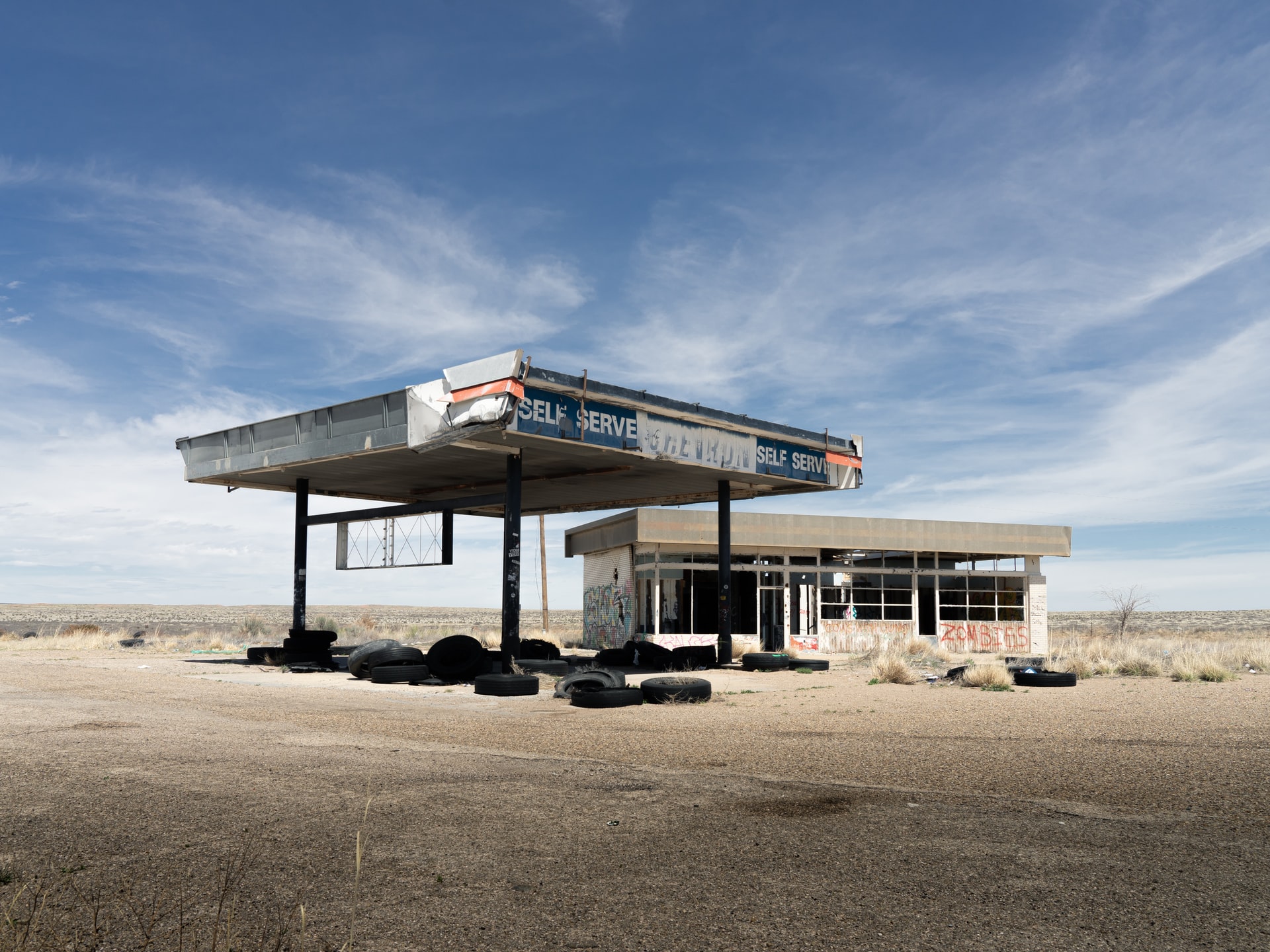Could we see an end to sales of gasoline-powered cars and trucks within the next 10 years? If you live in Washington State, the answer to that question might be affirmative. Autoblog reports that the state recently passed a bill which would end the sale of said vehicles by 2030. The next step for the bill involves the state’s governor, Jay Inslee, who did not respond to a question about whether or not he would sign it into law.
There’s one big caveat to the bill, and that has to do with a condition that would need to be met for it to take effect. As long as 75% of the vehicles registered in Washington were subject to a “road usage charge,” sales of gasoline-powered automobiles within the state would end.
Taxing drivers by the amount that they drive is a policy idea that’s beginning to be considered by more and more states. As an article by Ian Duncan in The Washington Post explains, one reason for taxing drivers by the amount that they drive is a way for the state to earn revenue.
Right now, many states tax gasoline purchases — but that wouldn’t apply for someone driving an electric vehicle. Given that many states use that tax revenue to repair roads and bridges, the thinking is that it would provide a more equitable way to cover infrastructure repairs.
Road usage charges are also known as vehicle miles-traveled (VMT) taxes, and they’re an idea that’s on the rise. Transportation Secretary Pete Buttigieg recently had good things to say about such taxes. Whether or not Washington State’s ambitious plan is signed into law, it’s likely you’ll be hearing more about other laws like it — and the changes in tax policy that might also arise.
Subscribe here for our free daily newsletter.
Thanks for reading InsideHook. Sign up for our daily newsletter and be in the know.
